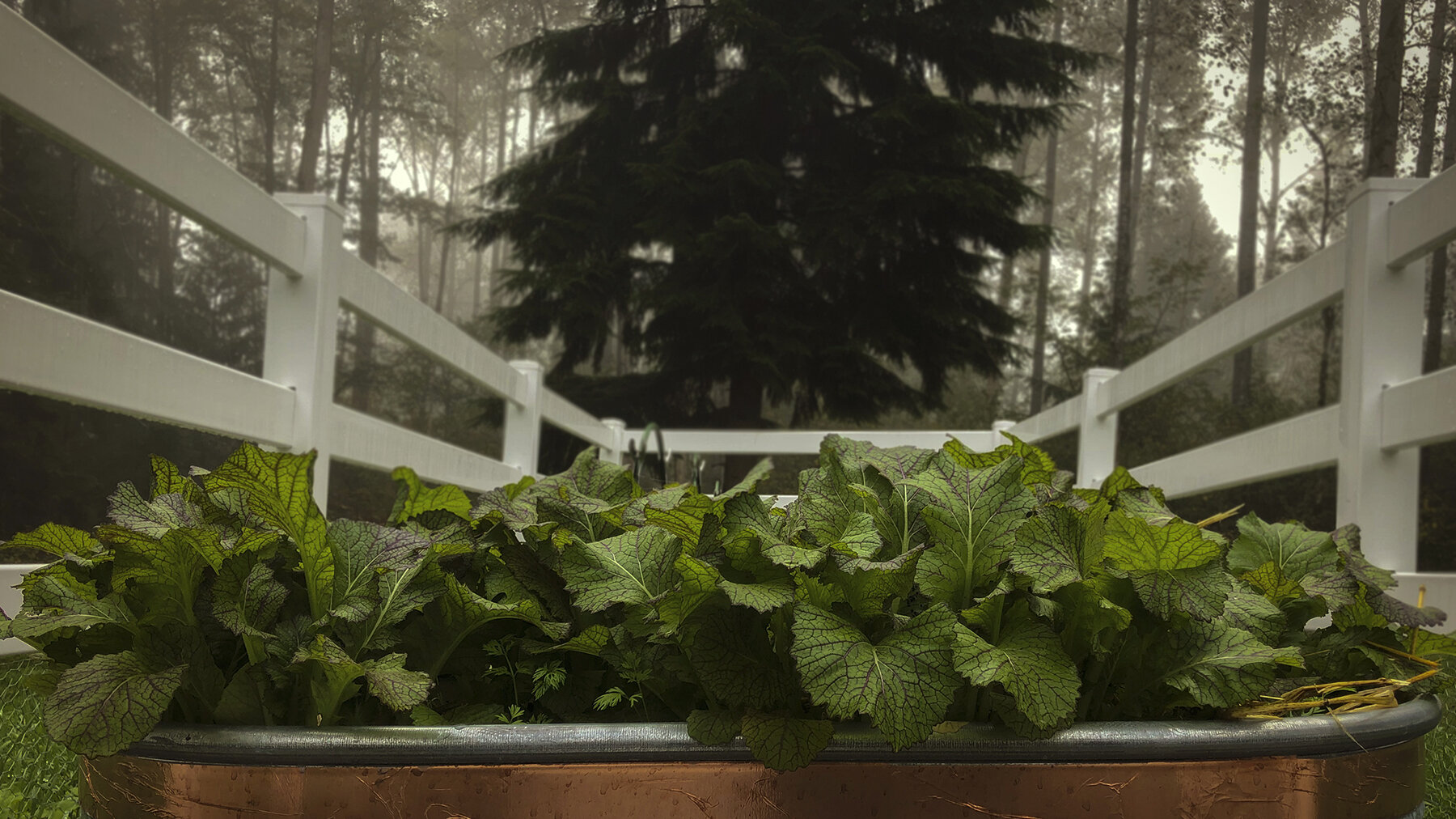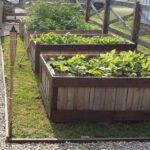Establishing the best fences for a 15 acre homestead is an important decision for any homestead dreamer. Fences not only define the boundaries of your property but also provide essential security and protection for your livestock and crops. Understanding your fencing options and choosing the right one is crucial for the success of your homestead.

Understanding the Importance of Fencing
Fences serve multiple purposes on a homestead. They keep your animals safe from predators, protect your crops from foraging wildlife, and clearly mark your property boundaries. In addition, well-maintained fences can enhance the aesthetic appeal of your homestead.
Key Considerations When Choosing Fencing
1. Property Size and Layout
The layout and size of your 15-acre homestead will greatly influence your fencing choice. Consider the topography, natural barriers, and existing structures on your land when planning your fencing.
2. Purpose of the Fence
Determine the primary purpose of your fence. Are you looking to keep livestock contained, protect crops, or establish property lines? Each purpose may require a different type of fencing material and design.
3. Budget and Maintenance
The cost of fencing materials and installation can vary widely. Additionally, consider the long-term maintenance costs associated with different types of fencing. A higher initial investment may save you money on maintenance over time.
Types of Fencing for a 15 Acre Homestead
1. Wooden Fences
Wooden fences offer a traditional look and are great for marking boundaries and enclosing gardens. However, they may require regular maintenance to prevent rot and insect damage.
2. Electric Fences
Electric fences are ideal for keeping livestock contained. They are cost-effective and easy to install but require regular checks to ensure they are functioning properly.
3. Barbed Wire Fences
Barbed wire is a common choice for cattle ranches. It is durable and effective at keeping large animals contained. However, it may not be suitable for all types of livestock.
4. Woven Wire Fences
Woven wire fences are versatile and can be used to enclose a variety of animals. They provide a secure barrier and are less likely to cause injury to livestock compared to barbed wire.
Installation Tips for Homestead Fences
1. Planning and Measurement
Accurate measurements and a well-thought-out plan are essential before you begin installation. Consider hiring a professional surveyor to mark your property lines if necessary.
2. Choosing Quality Materials
Invest in high-quality materials that will withstand the elements and the wear and tear of daily use. This will reduce the need for frequent repairs.
3. Post Installation
Setting posts properly is crucial for a sturdy fence. Ensure they are deep enough to withstand soil erosion and the pressure from livestock.
Maintaining Your Fences
Regular maintenance is key to ensuring the longevity of your fences. Inspect them frequently for damage, tighten loose wires, and replace broken posts as needed.
Conclusion
Choosing the best fences for a 15 acre homestead involves careful consideration of your needs, budget, and the landscape of your property. By selecting the right type of fencing and maintaining it regularly, you can effectively protect your homestead and its inhabitants.
For more detailed guidance, you can explore the article on choosing land for homestead living.

FAQs
1. What is the most durable type of fencing?
Woven wire and electric fences are known for their durability and are excellent choices for long-term use.
2. How often should I inspect my fences?
It’s a good practice to inspect your fences at least once a season and after any major weather events.
3. Can I install a fence myself?
Yes, many homesteaders choose to install their own fences. However, professional installation can ensure a more secure and lasting structure.
For additional information on homesteading topics, take a look at pest management, mulching techniques, and butchering on a homestead.





